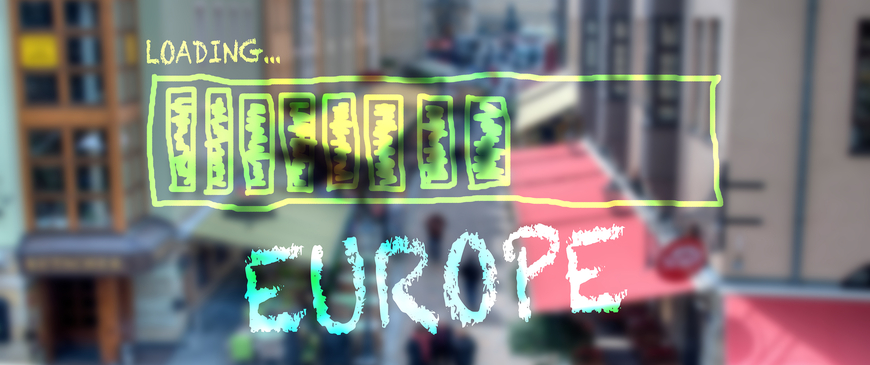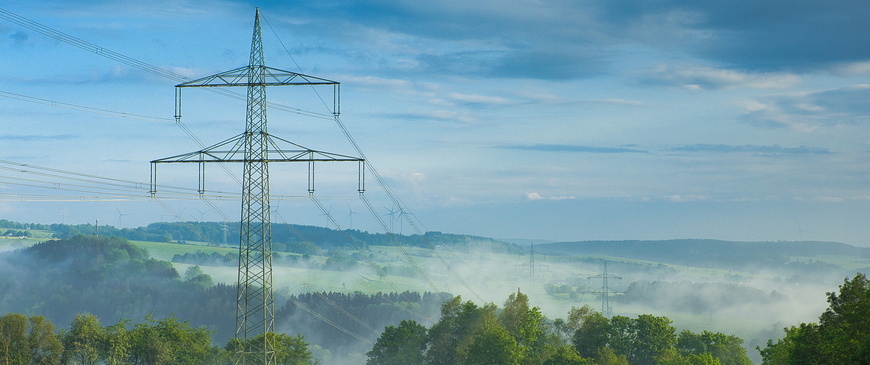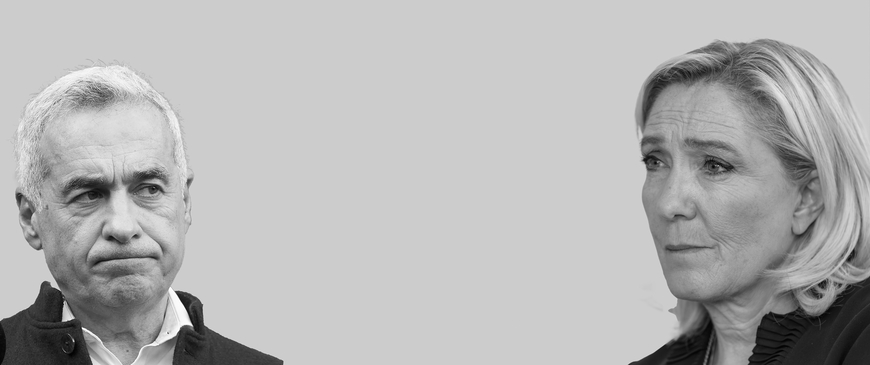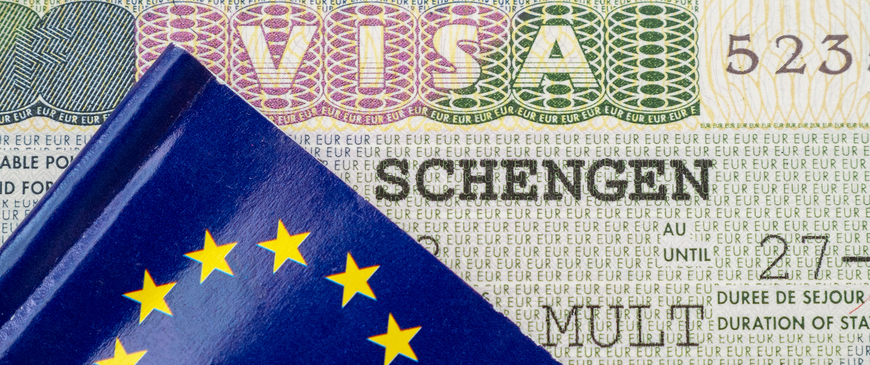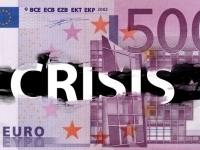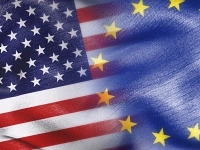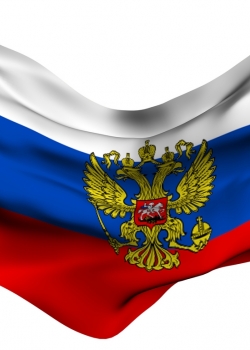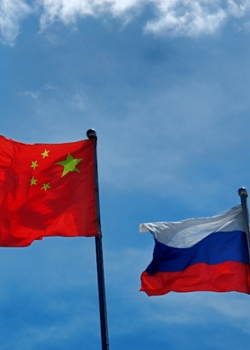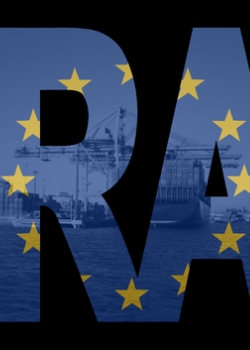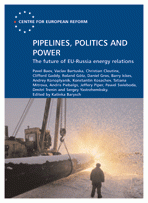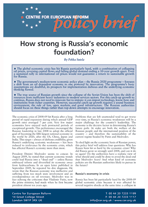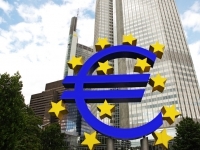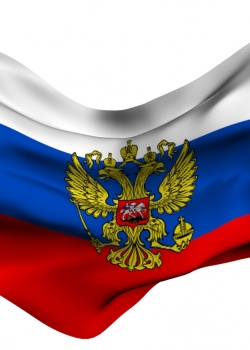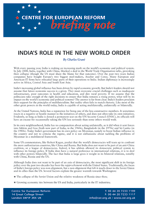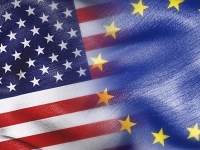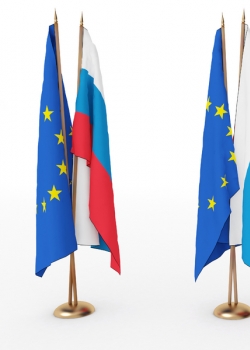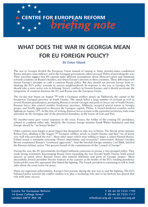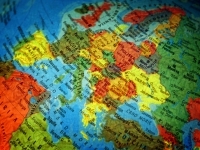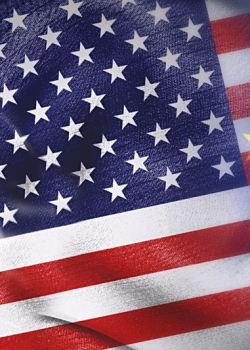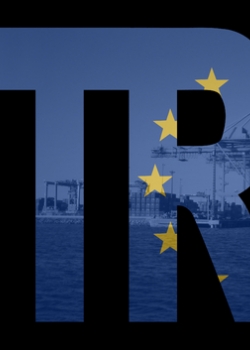Research
Another Great Depression?
15 October 2008
Many observers have drawn parallels between the current economic crisis and the Great Depression of the 1930s. However, the stock market collapse of 1929 did not directly cause what turned out to be the deepest and most prolonged recession of modern times, ultimately ending in the Second World War.
Scapegoating the US lets others off too easily
02 October 2008
Huge amounts have been said about the consequences of the credit crunch for the US and UK economies. They undoubtedly face major adjustments, and several years of very weak economic growth.
How to handle the new Russia
01 October 2008
The war in Georgia has led to a surge of anti-western sentiment in Russia. The fact that Americans and Europeans broadly sympathised with Georgia – when it was Mikheil Saakashvili’s attempt to take South Ossetia by force that started the war – infuriates many Russians.
Russia, China and the Georgia dimension
01 October 2008
Russia’s relations with the West today are more problematic than at any time since the fall of the Berlin Wall. With talk of a new Cold War and of parallels with the great power rivalries that preceded the First World War, Moscow’s ‘strategic partnership’ with Beijing has been out of...
Options for EU trade policy
01 October 2008
In late July, the Doha round suffered its umpteenth setback, when ministers from the member-states of the World Trade Organisation (WTO) failed to agree on a package to liberalise world trade.
Pipelines, politics and power: The future of EU-Russia energy relations
01 October 2008
Does the Kremlin use energy as a political weapon? Why is Russia’s oil and gas output stagnating? Can and should the EU try to reduce its dependence on Russian hydrocarbons? Are the EU and Russia engaged in a pipeline war? What does energy solidarity mean? What rules should govern EU-Russia energy relations?
How strong is Russia's economic foundation?
01 October 2008
Russia's economy is in deep recession. Many Russians hope that rising oil prices will quickly restore the high growth rates their country enjoyed before 2008.
In defence of Anglo-Saxon capitalism
29 September 2008
Those who never liked ‘Anglo-Saxon’ capitalism are feeling smug. Marxists, fans of ‘Rhineland’ capitalism and those who simply cannot stand American power are crowing.
Issue 62 - 2008
26 September 2008
- How to handle the new Russia, Charles Grant
- Russia, China and the Georgia dimension, Bobo Lo
- Options for EU trade policy, Philip Whyte
India's role in the new world order
26 September 2008
Few doubt that India's geopolitical role will grow. But what kind of impact will India make on the world's economic and political order?
Can the next US president heal the transatlantic rift?
19 September 2008
There are two schools of thought on what the election of a new US president will mean for transatlantic relations. The optimists argue that relations will improve significantly.
The EU's toolbox for Russia
15 September 2008
Last week, Russia belatedly signed up to a timetable for pulling back its troops from the ‘buffer’ zone in Georgia. The EU, and its current president, Nicolas Sarkozy, deserve credit for having brokered the initial ceasefire and then pushing hard for Russia to follow the terms. The important question now is how the EU will respond in case tensions do not ease, or even grow further.
The Arab-Israeli conflict: France's dashed hopes
03 September 2008
During a trip to Israel in August, the only optimists I met were French diplomats. The reason for their upbeat mood? Ambitious plans by President Sarkozy for the EU to advance the Middle East peace process – including a controversial proposal that the EU should take the lead in creating an international peacekeeping force which could replace the Israeli army in the West Bank as part of a peace deal. But in the current inauspicious environment, can France, which currently holds the EU presidency, really help to move things forward and allow the EU to play a bigger role in the peace process? ...
What does the war in Georgia mean for EU foreign policy?
15 August 2008
The war in Georgia divided the European Union instead of uniting it. Some member-states condemned Russia and gave (non-military) aid to the Georgian government; others accused Tbilisi of provoking the war.
Farewell, Polish plumber
07 August 2008
When the EU expanded its membership in 2004, the UK was one of only three EU countries – Ireland and Sweden were the others – fully to open its borders to migrants from the ten new member states.
Three scenarios for the Lisbon treaty
01 August 2008
Eurosceptics make a good point when they argue that the EU should concentrate on external challenges like climate change, energy security, migration and global trade. But Ireland’s vote against the Lisbon treaty means that the EU now has to devote more time and energy to sorting out its rules and institutions. Those who urge the EU to look outwards but celebrate the Irish No are inconsistent and hypocritical.
A new European mercantilism?
01 August 2008
Europe’s economic liberals have had a successful ten years. There have been protectionist pressures throughout this period, of course.
The next US president should forget the League of Democracies
01 August 2008
Expectations of a transatlantic honeymoon after the US presidential election are absurdly high. Most Europeans are enjoying the giddy delights of Obamamania, while also thinking that John McCain would do a lot better than the despised George W Bush.
Should Europeans care about Doha?
30 July 2008
Are the Doha trade talks finally dead? Following the failure of the latest ministerial meeting in Geneva on July 29th, there will be little appetite for another big push to resolve disputes over farm subsidies and manufacturing tariffs.
Issue 61 - 2008
25 July 2008
- Three scenarios for the Lisbon treaty, Charles Grant
- A new European mercantilism?, Simon Tilford
- The next US president should forget the League of Democracies, David Hannay

